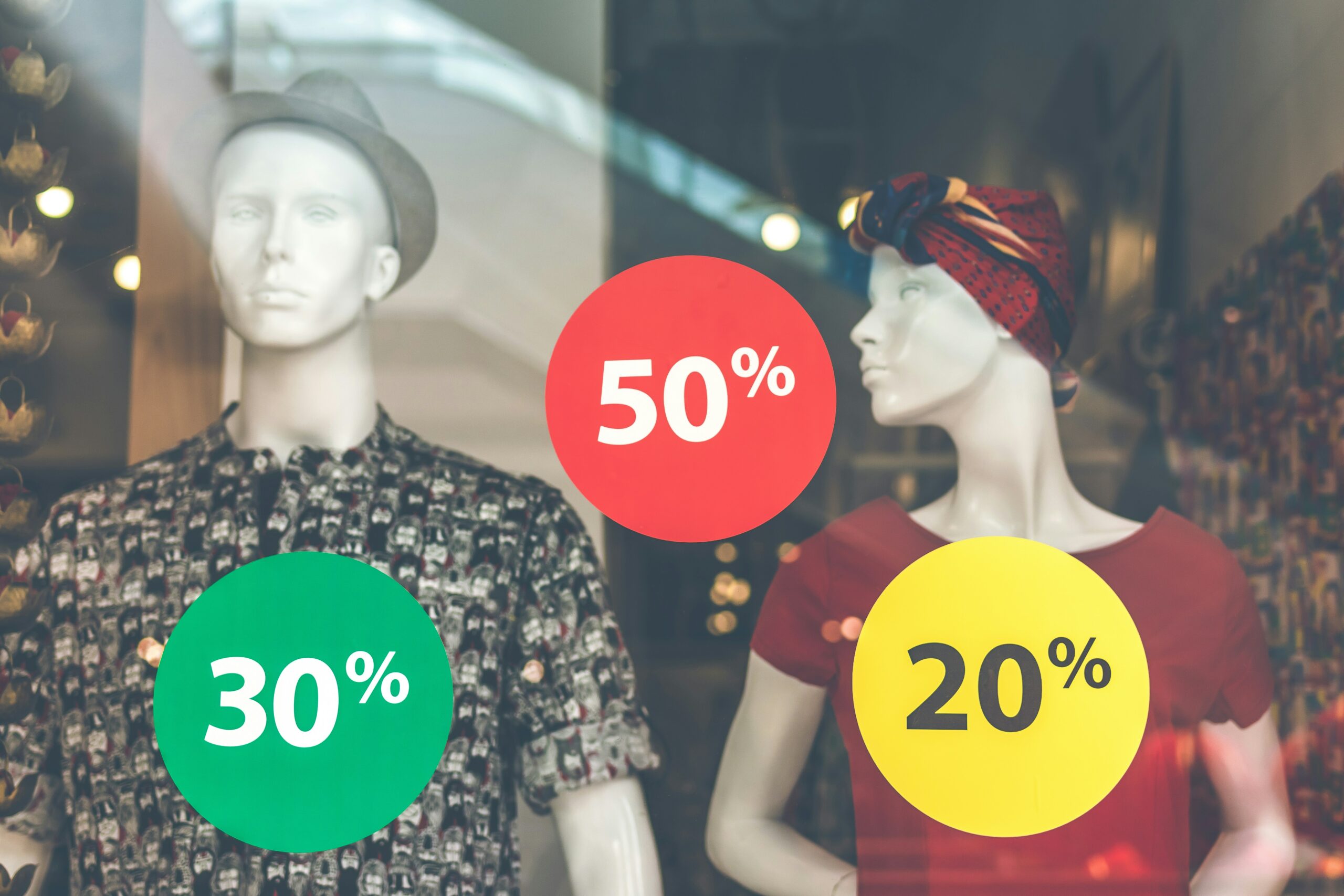Introduction
Impulse shopping is a phenomenon almost everyone in the modern world with expendable income has experienced at one point or another. However, when this compulsion is combined with the lack of control shopping on impulse can become an addiction, which, like many other addictions, can bring problems along with it.
Sheetal et al., (2016) write that impulsive shopping occurs when the decision-making process is disabled. In the long term, it becomes a disorder, one characterized by the uncontrollable urge to massively acquire unnecessary things. Typically, the disorder is accompanied with anxiety, nervousness and irritability.
Causes of impulsive buying
Currently, the exact causes of the disorder are still unknown, however, it is associated with emotional needs not being met and high levels of personal frustration. Individuals seek relief and escape in buying things. However, spending beyond one’s means can lead to further problems and even exacerbate the problem and fuel the addiction (Zambrano, 2014).
The preexistence of certain psychological traits (such as capriciousness), personal dissatisfaction, a low level of self-esteem, and a distrust of oneself can lead to psychological vulnerability towards messages promising happiness with goods or services (Vassiliki et al., 2015).
There are several theories suggesting that this disorder has biological causes linking it to unbalanced neurotransmitters such as serotonin, dopamine and norepinephrine. Soares (2016) suggest SSRIs and citalopram are currently used to treat this disorder, however, their efficiency is still unclear.
Consequences of impulsive buying
Zambrano (2014) explains that like other types of addictions, it brings with it a series of consequences for the individual, the most important of which is the economic. Buying compulsively damages the finances. In many cases the sufferers of this disease max out their credit cards in service to their addiction.
Edmund R et. Al (2014) suggest another consequence is psychological. There is typically a feeling of shame when one has lost control over one’s self. Not only are there financial problems, but also depression.
Conclusion
Impulsive purchases are a serious problem in modern society. Individuals who have risk factors must be made aware so that they’re prepared to seek guidance and help before harming themselves or others.
References
- Célia Soares (2016). A Review of Pharmacologic Treatment for Compulsive Buying Disorder. CNS Drugs, April 2016, Volume 30, Issue 4, pp 281–291.
- Edmund R. Thompson and Gerard P. Prendergast (2014). The influence of trait affect and the five-factor personality model on impulse buying. Personality and Individual Differences Volume 76, April 2015, Pages 216-221.
- Gogoi, B. (2017). Effect of Store Design on Perceived Crowding and Impulse Buying Behavior. International Review of Management and Marketing, 7 (2), 180-186.
- Kem Z.K. Zhang, Haiqin Xu, Sesia Zhao, Yugang Yu, “Online reviews and impulse buying behavior: the role of browsing and impulsiveness”, Internet Research https://doi.org/10.1108/IntR-12-2016-0377.
- Sheetal Mittal, Neena Sondhi, Deepak Chawla (2016). Process of Impulse Buying: A Qualitative Exploration. Volume: 19 issue: 1, page(s): 131-146.
- Tatiana Zambrano Filomensky (2014). Compulsive Buying Disorder. Textbook of Addiction Treatment: International Perspectives pp 1527-1542.
- Vassiliki Grougiou, George Moschis, Ilias Kapoutsis, (2015) “Compulsive buying: the role of earlier-in-life events and experiences”, Journal of Consumer Marketing, Vol. 32 Issue: 4, pp.278-289.
Psychological Causes of Impulsive Buying to Mention in Essay
If you are interested in writing about impulsive buying, our writers have collected some more ideas that you can take as a basis for your future essay. Also, consider that our service offers personal writing assistance for any academic assignment, so don’t hesitate to ask for help.
Emotional lack of control
When a person is under constant stress or exhaustion, rational thinking and decision making go out the window. Emotions guide actions instead. Purchases are made in an effort to make one feel temporarily happy or placated.
Need of gratification
Shopping brings a burst of short-term joy and instant gratification via a burst of dopamine. As a result, many people who purchase products just to receive that temporary happiness leave them unpacked.
Social pressure
While you may think that all the purchases that you make are your own decision, your friends and society still have an influence on you. For example, having a shopping partner with you may increase the probability of the two of you impulsive buying because of the bond between you and your partner or family member.
Emotional triggers
Emotional triggers leading to impulsive buying are a complex of social, physiological, and psychological factors. Such complexes also include an effect of FOMO (fear of missing out) that makes people feel they will miss out on something important or desirable, and as a result, act impulsively. This sample essay was composed by a professional academic writer from EssayShark. Our expert service has been operating for 12+ years in the academic writing market, providing college students with top-quality assistance with their writing challenges. Today, thousands of college learners turn to us for writing help, knowing that they can find the assistance they need.
If you do not know how to write an essay in APA format, you can find an expert sample on our blog and use it as a practical guide when working on your paper. We also have free tools, like a college essay title generator and a writing ideas generator, to help you come up with relevant issues for your assignment. Finally, many customers use our free AI checker essay to make sure their papers are plagiarism- and AI-free. Of course, if you need customized help with your college paper, we are available 24/7 to assist you with any problem.
Photo by Artem Beliaikin from Unsplash

Leave a Reply